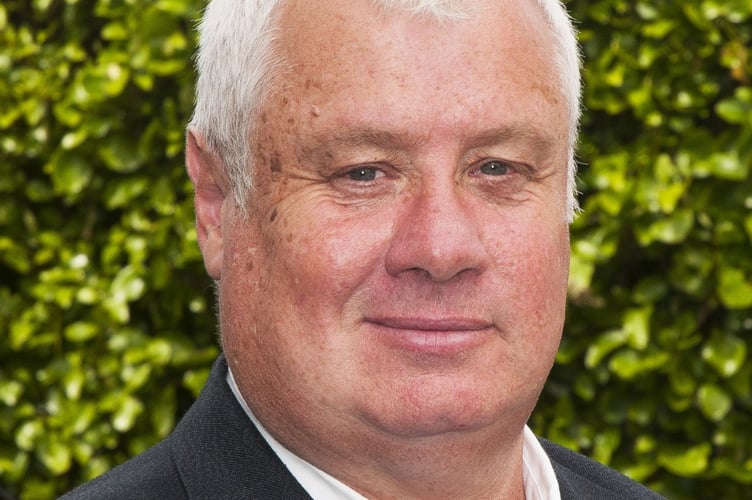One Member of the House of Keys has said that not enough considered thought has been given to renewable diesel.
Douglas North MHK John Wannenburgh said this after asking the infrastructure minister whether a cost benefit analysis, including consideration of reduction in emissions, has been undertaken with respect to using Hydrotreated Vegetable Oil as fuel for diesel powered vehicles.
Hydrotreated Vegetable Oil (HVO), also known as a renewable diesel, is created from lipids like vegetable oil or cooking oil, which can be used as a low-carbon fuel.
Mr Wannenburgh said: ‘There are many emerging fuel alternatives across the world and HVO appears to be a simple solution that could be introduced with minimal disruption and without major investment in infrastructure or vehicles.’
He said that in the short to medium term, HVO would help reduce emissions.
He added: ‘It’s been proven to reduce exhaust emissions from diesel vehicles by between 80 to 90%.
‘It’s becoming more popular every day in the UK.
‘The Jersey Government has used this diesel fuel alternative in more than 250 of their own vehicles and have at least 12 months’ worth of real data showing that they have reduced their CO2 output on these vehicles by more than 750,000 tonnes.
‘This fuel is classed as a renewable energy source. Vehicle diesel engines, their fuel systems, their pumps, their fuel filters and their injectors are not affected by using this fuel, indeed Mercedes Benz, Scania, Ford, Renault and Volvo to name a few endorse the use of HVO.
‘The only additional consideration to bear in mind is that the fuel suppliers would need to invest in additional storage tanks.’
Asked how the price would compare to diesel, Mr Wannanburgh said: ‘At this point in time, initially it would be expected to be dearer than diesel. At present in the UK it is slightly dearer than diesel at around 15p to 20p per litre more.
‘However the more accessible it could be made to everyone on the island that difference may reduce or be very similar but currently that is unknown and would very much depend on a supply and demand situation.’
In the written response Alfred Cannan said: ‘A cost benefit analysis has not yet been undertaken by Department, but work in this area is planned as part of the ongoing Development of the Transport strategy that will be brought to Tynwald for approval next year.’
Mr Wannenburgh added: ‘We need to make the best use of the vehicles and infrastructure we have available to us in the short to medium term, giving time to let other alternative solutions evolve.’




